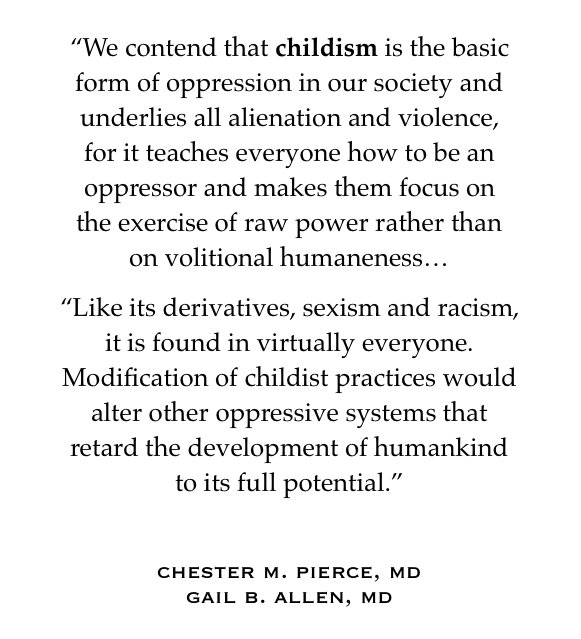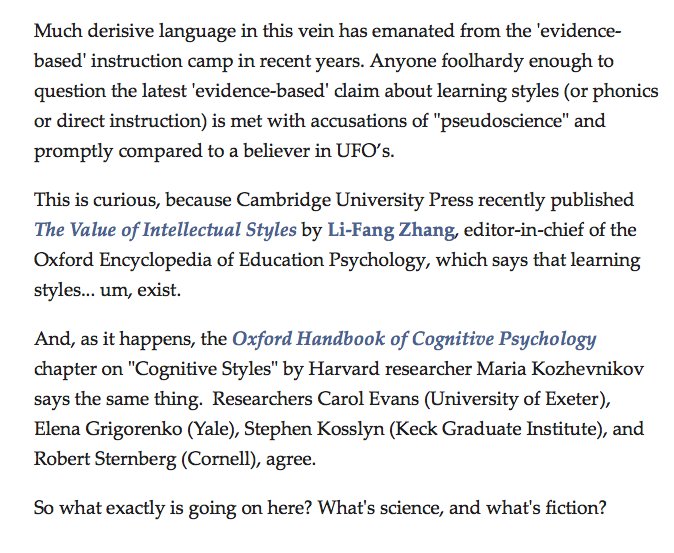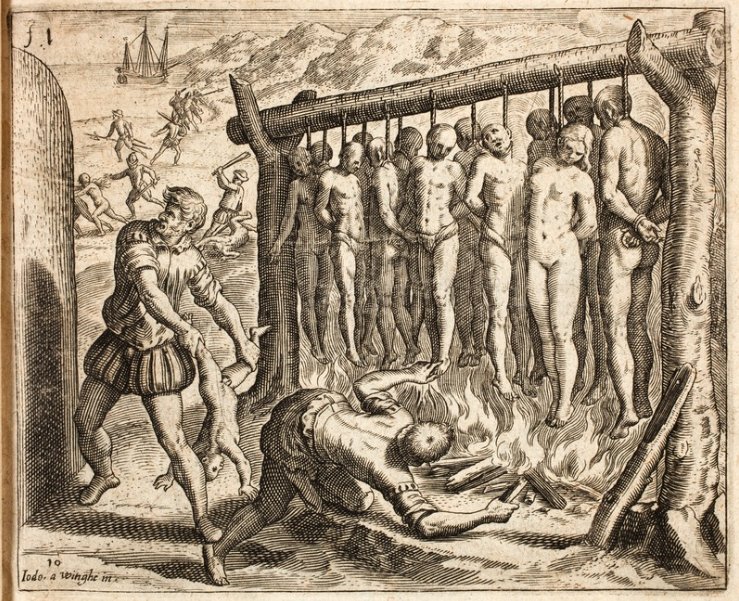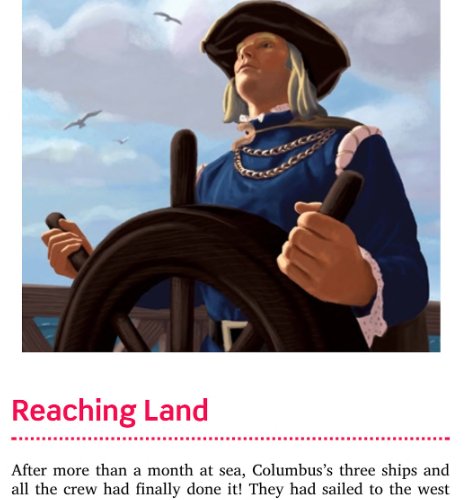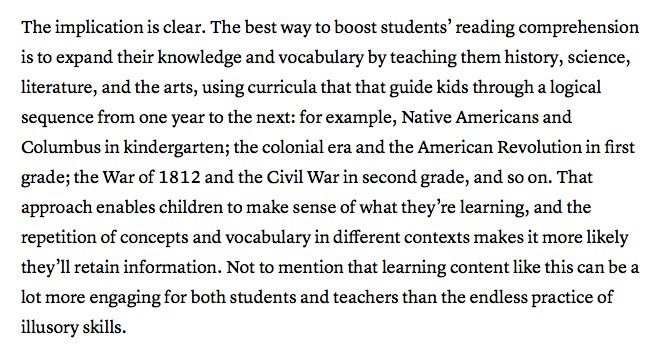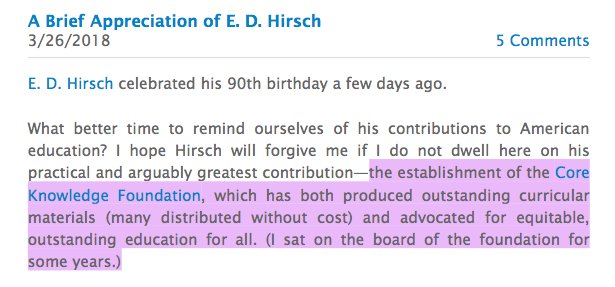
THREAD:
When educators talk "core knowledge," or "standards" or "sharing the best of our culture," ask yourself:
Whose knowledge? Whose standards? Whose culture?
What are we required to remember? What are we required to forget?
bit.ly/2C31h42
When educators talk "core knowledge," or "standards" or "sharing the best of our culture," ask yourself:
Whose knowledge? Whose standards? Whose culture?
What are we required to remember? What are we required to forget?
bit.ly/2C31h42
In E.D. Hirsch's Core Knowledge test, "What Your Kindergartener Needs to Know," 5-year-olds are required to learn that Christopher Columbus was "a dreamer, with big ideas!"
And great hair!
And great hair!

Children at this age often see the world in terms of stories with “good guys” & “bad guys.” So... is Columbus one of the good guys...or...?
He was a “dreamer!” And... and he had a "daring idea"... and... and... And he looks kinda like the blond guy from Pocahontas!

He was a “dreamer!” And... and he had a "daring idea"... and... and... And he looks kinda like the blond guy from Pocahontas!

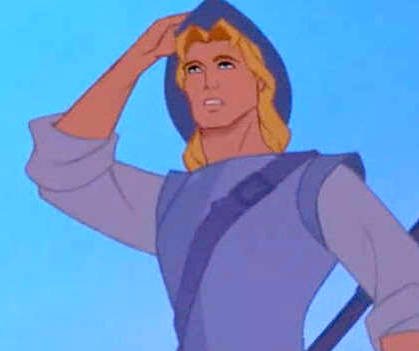
“These early narratives often form the schema by which later learning is acquired, making them difficult to undo.”
“Teaching Hard History”, a guide from the Southern Poverty Law Center: bit.ly/2EAPoE0
“Teaching Hard History”, a guide from the Southern Poverty Law Center: bit.ly/2EAPoE0

Remember to watch for this: when people push for a "core knowledge curriculum," see if it involves teaching our brutal history to children too young to understand it.
Once you ‘learn’ a false version of reality, it may be hard to unlearn it later.
bit.ly/2GYP6Vx
Once you ‘learn’ a false version of reality, it may be hard to unlearn it later.
bit.ly/2GYP6Vx
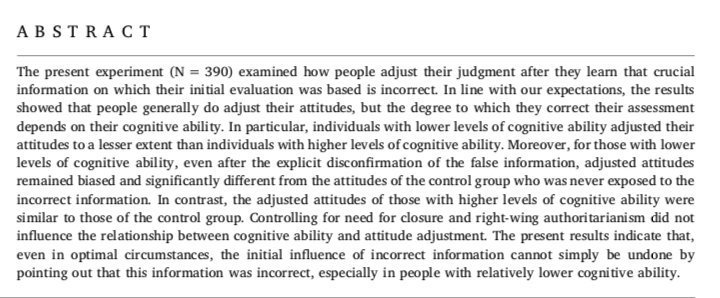
E.D. Hirsch recommends teaching kindergarteners this song about Columbus, sung to the tune of "If You're Happy and You Know It."
Catchy, huh? Kinda sticks in your head!
Catchy, huh? Kinda sticks in your head!

It’s not the “core knowledge,” but the core myths & tropes of the culture that must be taught when children are very young, before they have the ability to think critically.
Like, say, the idea that Europeans “visited and settled” in North America.
(Core Knowledge Curriculum)
Like, say, the idea that Europeans “visited and settled” in North America.
(Core Knowledge Curriculum)

Children are required to remember the name of Columbus, but not the name of the Taino people he led the genocide against.
And they're not required to know that, despite Columbus' best efforts, the Taino people are still here:
And they're not required to know that, despite Columbus' best efforts, the Taino people are still here:

For accurate representation of Indigenous people in children's literature, please follow Debbie Reese's @debreese blog American Indians in Children's Literature: bit.ly/2heiHQC
For older students, check out these resources via @IndianCountry: bit.ly/2lBg8cq
For older students, check out these resources via @IndianCountry: bit.ly/2lBg8cq
(that should be "text," not "test.")
• • •
Missing some Tweet in this thread? You can try to
force a refresh





